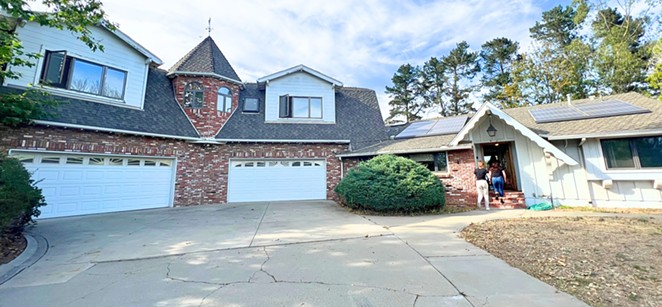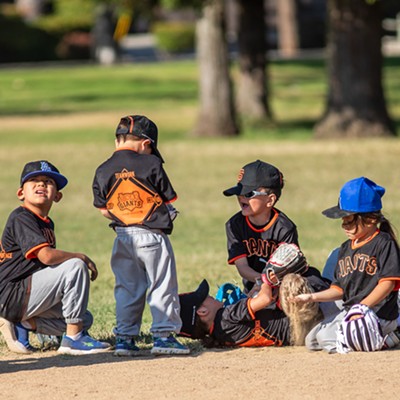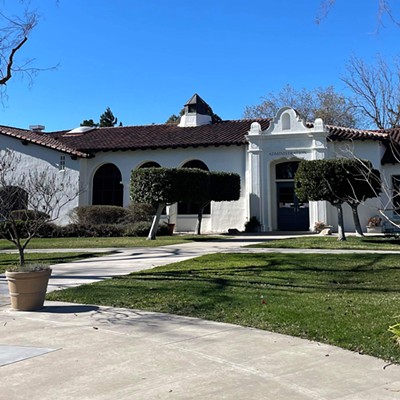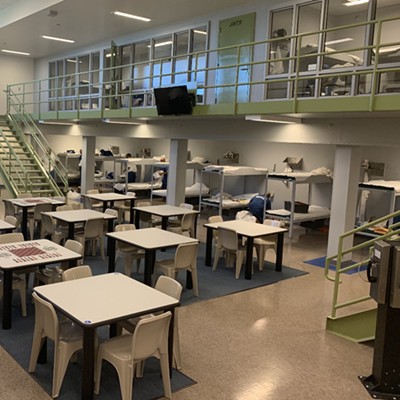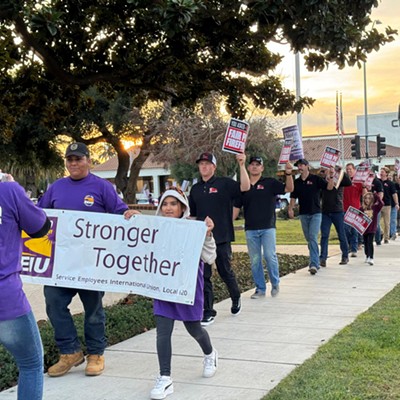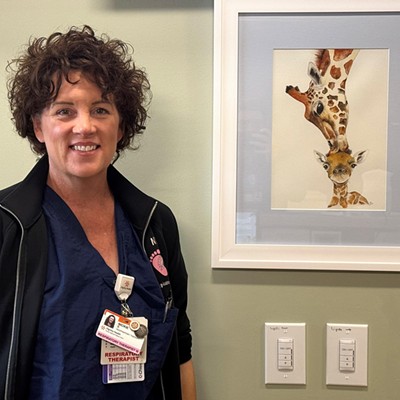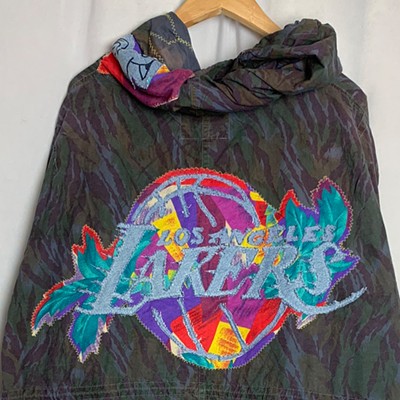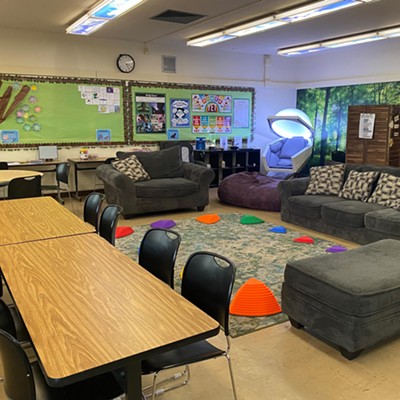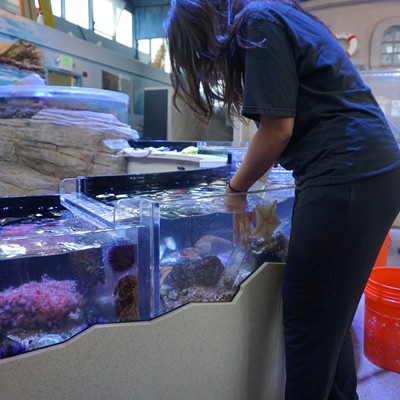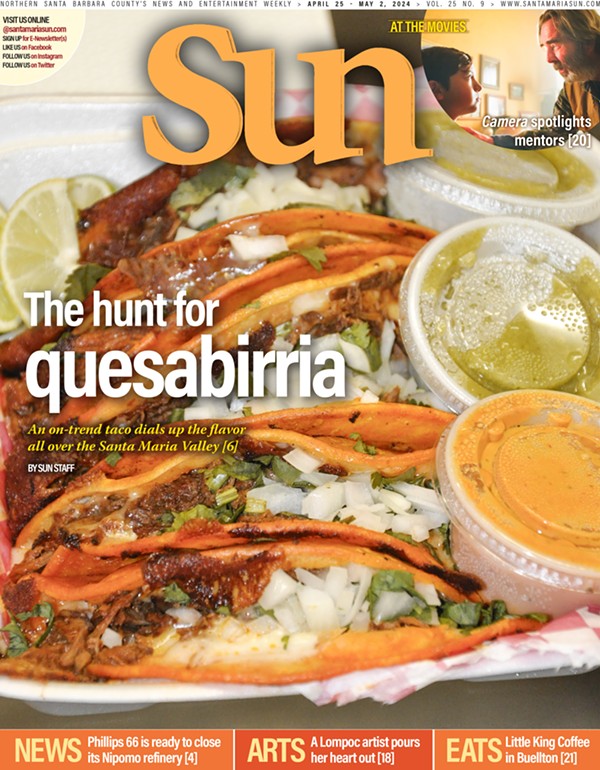While Rescue Mission Alliance Central Coast has been running a men’s recovery program for the past several years, there wasn’t an option for women, said Director Chris Rutledge.
“Within our organization, we know there’s a demand for it, and we don’t currently have residential services for women,” Rutledge said. “During my time since 2017, we got about 20 to 25 women a month calling me saying, ‘I hear you have a program for men. I would like a program for women, for me.’”
The most recent countywide Point-In-Time Count showed 350 women in North County experiencing homelessness, and the shelter in Santa Maria is often full, he said, making it difficult for people to find a bed or services.
When the Rescue Mission’s new chief executive officer started in 2021, he asked if the nonprofit’s programming needed any changes, and Rutledge highlighted the need for a women’s residential recovery program. The CEO greenlit the idea, and Rescue Mission purchased a small house that was set to open on Dec. 5.
“Our services are unique in the area because we’re a faith-based organization bringing a faith-based perspective on recovery and homelessness,” Rutlegde said.
Based in North County, the home will start with eight beds for women recovering from substance use disorder, domestic violence, or homelessness and will help them address trauma through group and individual counseling services. As of Nov. 29, four women were on the waiting list, and the Rescue Mission expects to see about 25 women a year in its recovery program, Rutledge said.
“The recovery program is 10 months. The first seven: counseling, job training, getting ID, and all that kind of stuff. The last three are putting those skills to use. They are looking for work, reuniting with family in significant ways, taking an overnight with a spouse they are reconciling with, partnering with Child Welfare Services if they have specific needs they need to meet,” he said.
There will be two staff members on-site at all times, with support staff coming in from the men’s program to help with day-to-day programming, fundraising, and coordination. There will be one primary counselor and program manager, and Rescue Mission partnered with Santa Barbara County Behavioral Wellness to help provide counseling services one-on-one.
While Rescue Mission expects individuals in the program to have their own income, establish a relapse prevention plan, and find sustainable housing by the end of their 10 months, people can stay for an extra year to save money for housing or work through other issues they may be facing, Rutledge said.
The program uses similar approaches to other recovery and support groups, like Narcotics Anonymous or Alcoholics Anonymous, and Rutledge said tapping into the idea of a higher power can be beneficial for some people on the road to recovery.
“From a faith-based perspective, the one thing they have left is Jesus. The residents who are open to the Christian faith find hope in that because everybody else has abandoned them—whether that’s justified is beside the point,” he said. “But looking at a higher power, at something greater than themselves, they can … find a solution that’s sustainable.”
Rescue Mission also partners with local churches to connect recovery program residents to a “nonjudgmental community” that allows them to start fresh with relationships, he said. Residents are invited to Bible study nights, barbecues at people’s houses, potlucks, and other church related events.
“They are superficial, but they help our residents learn new healthy rhythms for being selfless and being a part of something bigger than their own needs,” Rutledge said.
Rescue Mission Alliance Central Coast relies on private donations. Visit ccrescuemission.org/donate to learn more.
Highlight
• The Santa Maria Public Library announced the Wishing Trees’ return to the main branch—421 S. McClelland St.—starting on Dec. 1. Wishing Trees offer patrons the opportunity to write down a hope, wish, or dream for the upcoming year. Patrons are invited to hang their wish on a tree and read what others have written. The trees are available during library hours throughout December. Direct questions to (805) 925-0994, Ext. 8562.
Reach Staff Writer Taylor O’Connor at [email protected].


